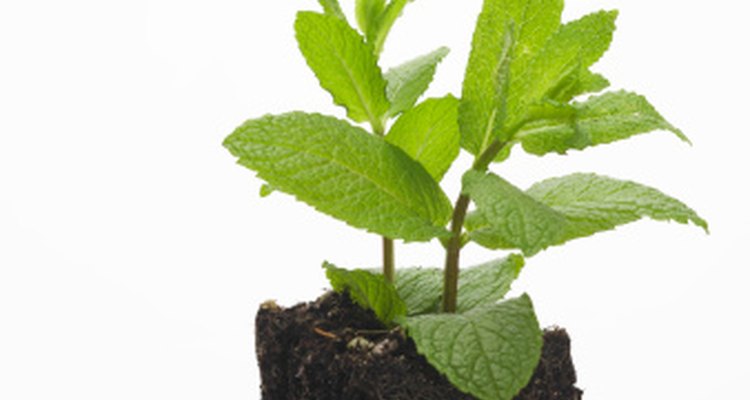
The term "mint" is often used in reference to all types of mint including peppermint, spearmint and other varieties. However, there are subtle differences between peppermint and mint extracts.
Difference
The main difference between peppermint and mint extracts is the plant from which they are derived. Peppermint extract is made from pure peppermint oil, while mint extract is derived from any number of, or combination of, culinary mint plants.
Uses
Peppermint and mint extracts flavor candies, cookies, cakes and other baked goods. They are also used in dressings, teas, fruit dishes, marinades and vinegars. Peppermint and other mint extracts are interchangeable in recipes, though the flavors are different.
Imitations
Imitation peppermint and mint extracts use artificial flavorings to create the taste of pure extracts. Imitations do not contain the same benefits as pure extracts and are often milder in flavor.
Related Articles

How to Freeze Empanadas

How to Freeze Tzatziki

Nutritional Facts of Mint Chocolate ...

Difference Between Clover & Orange ...

How to Store Apples

Calories in One Slice Provolone Cheese

How Long Does Banana Bread Stay Fresh?
How to Julienne Mint

Can I Use Vanilla Buttercream Frosting ...

How to Make Roll-On Perfume

How to Make Toasted Bread Sticks With ...

How to Make Fresh Strawberry Frosting ...
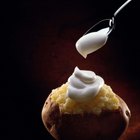
How to Make Sour Cream Out of Heavy ...
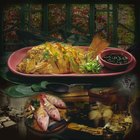
How to Cook a Whole Fish Jamaican Style

How to Make Calendula Tea

How to Cook Prawns in a Oven
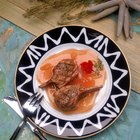
How to Make a Fruit Reduction
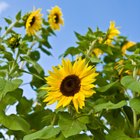
Calories of Tuna in Sunflower Oil

Substitute for Framboise Liqueur

How to Boil Conch in the Shell
References
- “The Ultimate Book of Herbs & Herb Gardening”; Jessica Houdret; 2001
- "Growing and Using Herbs and Spices"; Milo Miloradovich; 1980
- "Herb Gardening: Why and How to Grow Herbs"; Claire Loewenfeld; 1990
Writer Bio
Gabrielle Morgan has authored business documents, manuals, mental health documentation and treatment plans. She also writes for a variety of online publications. Morgan's extensive educational background includes studies in creative writing, screenwriting, herbology, natural medicine, early childhood education and psychology.
Photo Credits
Thomas Northcut/Digital Vision/Getty Images